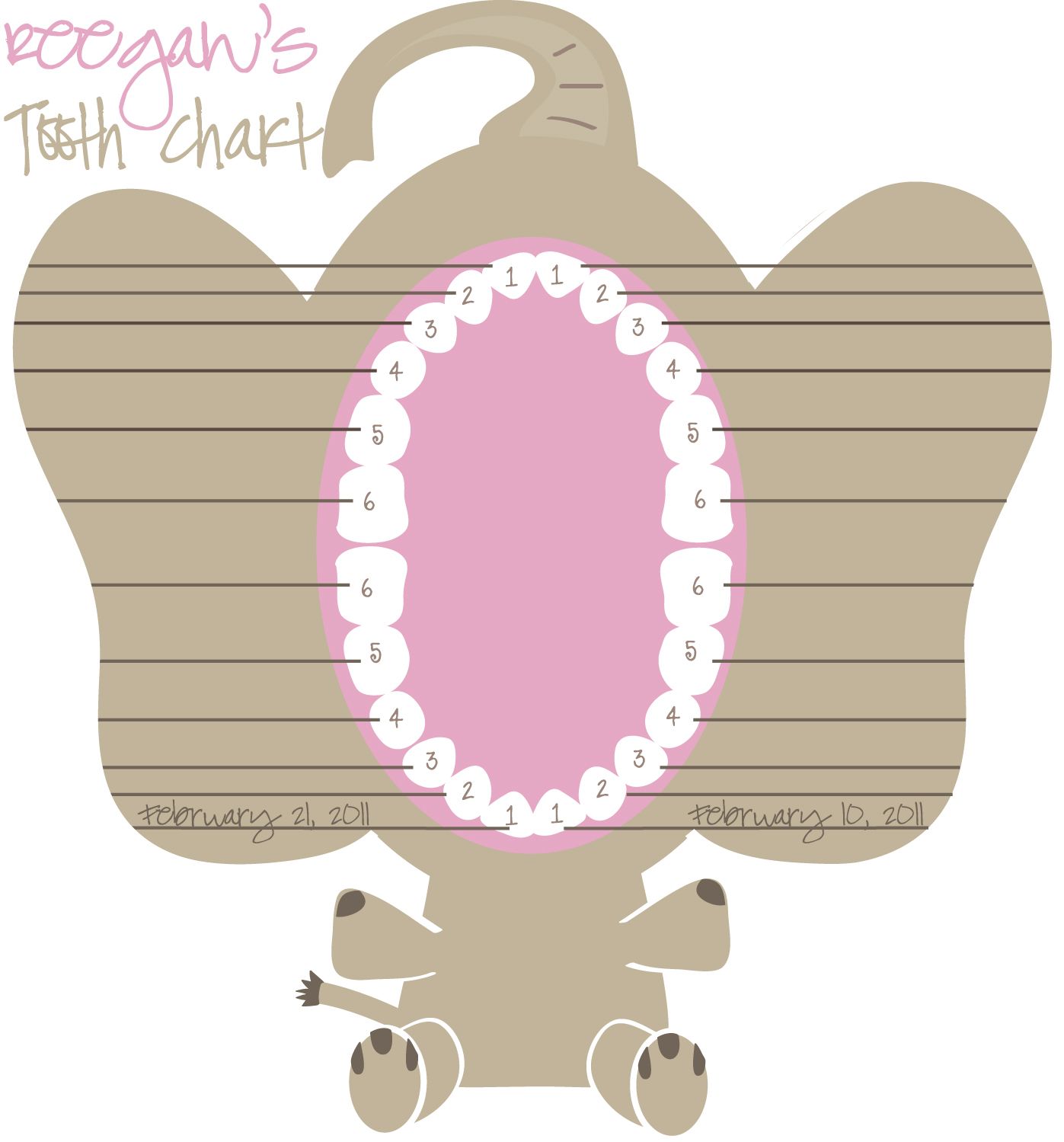When Does My Puppy Lose Her Baby Teeth

Puppies are initially born without teeth. They do not receive their first puppy teeth until they reach the age of between six and eight weeks old. They grow a total of 28 teeth, which are known as baby teeth or deciduous teeth. The first teeth that fall out are the incisor teeth, followed by the premolars and the.
When does my puppy lose her baby teeth. Just like human children, puppies lose their baby teeth. Between the ages of 4 and 6 months, those needle-sharp puppy teeth, often called "milk teeth" or "deciduous teeth," begin to fall out as they are replaced by a stronger set of adult choppers. Usually, the front bottom teeth--the incisors--are the first to go. Your puppy will still be with his mother and breeder when his baby teeth start coming in. At this point, his eyes will have opened and he’ll still be nursing. Weeks 5 to 6: You will probably never see baby teeth lying around because your puppy will swallow them as they fall out. Adult Dog Teeth. At about 4 months of age, your puppy will begin to lose his puppy teeth and replace them with 42 permanent teeth (this number can vary with some breeds of dog) by about 6 or 7 months of age. This new permanent set of dog. At this point, all puppy teeth should be gone, and adult teeth emerge. If there are any baby teeth left, let your vet know so it can be removed. Permanent teeth replace the milk teeth tooth-for-tooth and add four premolars and 10 molars. Most pups will have 42 permanent teeth in place by about seven months of age.
It might not be one of the first that comes to mind, but an important milestone is when they lose their puppy teeth and grown up teeth come through in their place. Puppy Baby Teeth Just like human children, puppies have a small set of milk teeth, and a larger set of adult teeth. Retained baby teeth are also usually bilateral (affecting both sides) Several Potential Problems When your dog’s baby teeth won’t fall out, it can spell trouble for your dog even as an adult. Specifically, the presence of puppy retained baby teeth, in addition to adult dog teeth, can cause a variety of dental problems. I’ve had puppies who took as long as eight months to lose all their baby teeth. So don’t despair, Mother Nature will soon work her magic and push those razor sharp teeth out. It is hard to tell for sure when your puppy starts loosing its 28 baby teeth. A puppy's baby teeth, or milk teeth, come in at four weeks of age and commonly start to fall out between weeks 14 and 30, to make room for the 42 large adult teeth that will grow in their place.
Why does my puppy have a 'double set' of teeth? Sometimes the incoming adult teeth aren't successful in totally dislodging the baby ones who are already in place. When this happens there may be a period of days, or even weeks, when your pup has a double 'set' or a double 'row' of teeth in some places. The process of losing teeth occurs because your puppy’s body reabsorbs the roots that hold the baby teeth in place. your puppy needs to get used to having his mouth and teeth examined Once the root is fully reabsorbed, the tooth becomes loose and is easily knocked out when the puppy eats or chews his toys. Puppies begin to lose their baby teeth at around 12 weeks and usually by 28 weeks they should all have dropped out to allow new adult teeth to come through. Many dog breeds have 42 adult teeth in total: 12 incisors, 4 canines, and 8 premolars in each of the top and bottom jaw; then there are 4 molars in the top jaw and 6 in the bottom. Retained deciduous teeth are more common in dogs, though it does occur in cats. It often affects smaller breeds of dog, including the Maltese, Poodles, Yorkshire Terriers, and Pomeranian. Symptoms and Types. In addition to observing the deciduous (baby) teeth once the permanent teeth begin to erupt, the following signs may occur: Bad breath
Dog baby teeth are also known as deciduous, milk, or puppy teeth and this first set of teeth starts appearing at about three to four weeks of age. At about one month of age, puppies have 28 baby teeth and they will have these teeth until their adult teeth come in and push them out. These are referred to as deciduous teeth, and are a temporary set that are only present for a few months, before your pup starts to lose them and grow in their permanent teeth. Pups start to get their baby teeth at around 2-3 weeks of age, starting with the incisors, then the canine teeth, and eventually the premolars. As in humans, dogs have two sets of teeth. Puppies have 28 deciduous teeth and adult cats have 42 permanent teeth. By the time a puppy reaches 6 to 7 months of age, he will have all of his adult teeth. Ideally, the baby tooth associated with that permanent tooth falls out. Sometimes, the permanent tooth erupts alongside the baby tooth, known as a persistent tooth. Teeth are a reliable measure of age whether your pup is a rescue or not. In fact, studying your dog’s teeth may be the most accurate resource when investigating how to tell the age of a puppy. Teeth are a particularly reliable way to determine a puppy’s age because your dog will lose all baby teeth before he/she is about 6 months old.



















